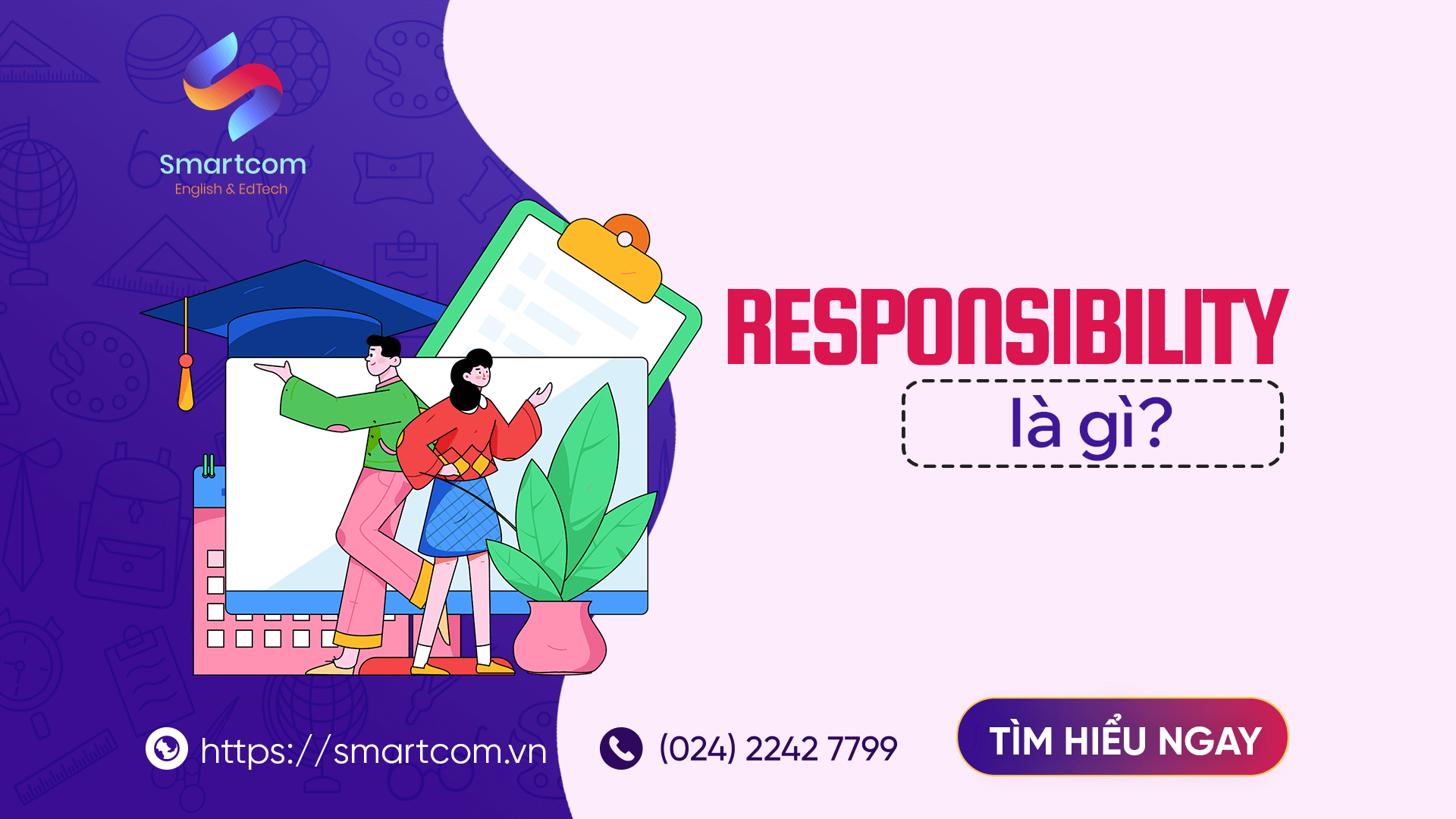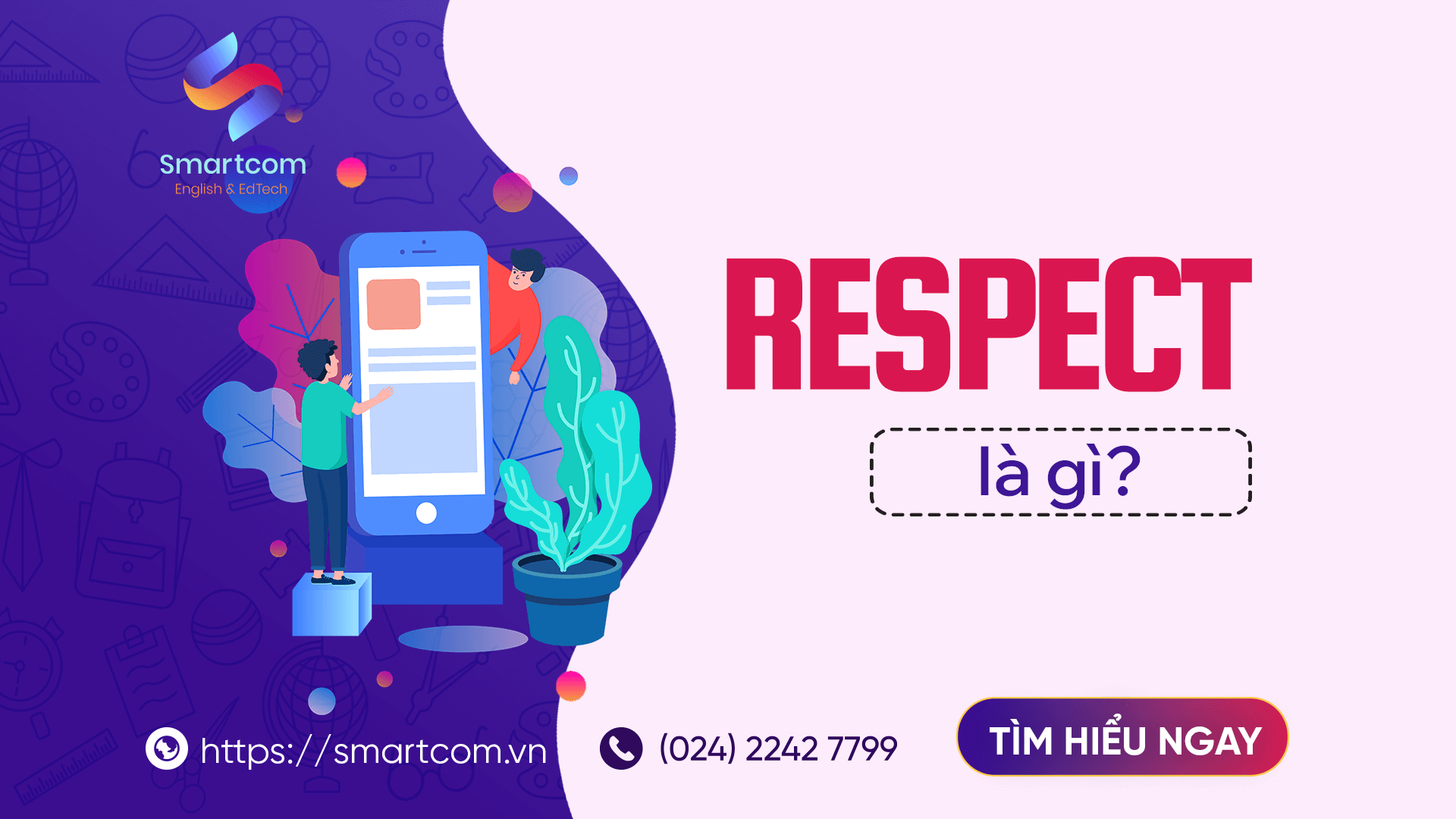Đội ngũ chuyên gia tại Smartcom English là tập hợp những chuyên gia đầu ngành trong lĩnh vực IELTS nói riêng và tiếng Anh nói chung. Với phương pháp giảng dạy sáng tạo, kết hợp với công nghệ AI, chúng tôi mang đến những trải nghiệm học tập độc đáo và hiệu quả. Mục tiêu lớn nhất của Smartcom Team là xây dựng một thế hệ trẻ tự tin, làm chủ ngôn ngữ và sẵn sàng vươn ra thế giới.
Some people think advertising may have positive economic effects, but others think it has negative social effects because individuals feel dissatisfied with who they are and what they have. Discuss both these views and give your own opinion.
IELTS Paper-delivered test – 30/11/2024
Dịch đề bài: “Một số người cho rằng quảng cáo có thể mang lại tác động tích cực về mặt kinh tế, nhưng những người khác lại cho rằng nó có tác động tiêu cực về mặt xã hội vì khiến con người không hài lòng với bản thân và những gì họ có. Thảo luận cả hai quan điểm và đưa ra ý kiến của bạn.”
Chiến lược làm bài
Đọc kỹ đề bài:
Xác định hai mặt của vấn đề: tác động kinh tế tích cực và ảnh hưởng xã hội tiêu cực.
Lập dàn ý:
Mở bài: Nêu vấn đề.
Thân bài 1: Phân tích lợi ích kinh tế.
Thân bài 2: Phân tích tác hại xã hội.
Kết bài: Đưa ra ý kiến cá nhân.
Viết bài với cấu trúc tiêu chuẩn (4 đoạn):
Lợi ích: Tác động tích cực của quảng cáo đối với nền kinh tế
Quảng cáo giúp thúc đẩy nền kinh tế thông qua việc giới thiệu sản phẩm, tăng doanh thu và nhận diện thương hiệu. Những chiến dịch quảng cáo hiệu quả như Nike’s “Just Do It” không chỉ thu hút vận động viên mà còn mở rộng đối tượng khách hàng ra ngoài phạm vi này, giúp công ty gia tăng doanh thu và lợi nhuận.
Ví dụ: Advertising helps boost the economy by introducing products, increasing sales, and improving brand recognition. Effective advertising campaigns like Nike’s “Just Do It” not only attract athletes but also expand the target audience beyond this group, which helps the company increase both sales and profits.
Tác hại: Ảnh hưởng tiêu cực đến tâm lý và xã hội
Quảng cáo có thể làm gia tăng chủ nghĩa tiêu dùng và khiến người tiêu dùng cảm thấy không hài lòng với cuộc sống hiện tại. Những hình ảnh lý tưởng thường xuyên xuất hiện trong quảng cáo có thể dẫn đến cảm giác thiếu tự tin và mặc cảm tự ti, đặc biệt với những người không đủ khả năng tài chính để mua sản phẩm.
Ví dụ: However, advertising can also encourage consumerism and make consumers feel dissatisfied with their current lives. The idealized images often seen in ads can lead to feelings of low self-esteem, especially for those who cannot afford to purchase the products being advertised.
Kết bài: Tóm lại ý chính và nêu quan điểm cá nhân, đề xuất nếu có
Tóm lại, quảng cáo vừa thúc đẩy tăng trưởng kinh tế và mở rộng thị trường, vừa gây ra những tác động tiêu cực đối với xã hội, như khuyến khích chủ nghĩa tiêu dùng và ảnh hưởng đến lòng tự trọng. Do đó, một cách tiếp cận cân bằng đối với quảng cáo, dựa trên các hoạt động đạo đức và trách nhiệm xã hội, là điều cần thiết để giảm thiểu những tác động tiêu cực của nó trong khi vẫn bảo tồn được những lợi thế kinh tế của nó.
Ví dụ: In conclusion, advertising promotes economic growth and market expansion, but it also has negative effects on society, such as encouraging consumerism and affecting self-esteem. Therefore, a balanced approach to advertising, based on ethical practices and social responsibility, is essential to minimize its negative impacts while still preserving its economic benefits.
Từ vựng và cụm từ nâng cao có thể sử dụng
- Economic growth: tăng trưởng kinh tế
- Consumerism: chủ nghĩa tiêu dùng
- Self-esteem: lòng tự trọng
- Inferiority complex: mặc cảm tự ti
- Double-edged sword: con dao hai lưỡi
- Bombarded with advertisements: bị bủa vây bởi quảng cáo
- Brand recognition: sự nhận diện thương hiệu
- Market expansion: mở rộng thị trường
- Target audience: đối tượng mục tiêu
- Promotions: khuyến mãi
- Marketing efforts: nỗ lực tiếp thị
Lưu ý: Giữ bài viết ngắn gọn và rõ ràng
Giới hạn từ: 250-300 từ; Thời gian viết: 40 phút.
Bằng cách mở rộng thông tin, làm rõ lập luận và bổ sung ví dụ, bài viết sẽ trở nên đầy đủ, thuyết phục và đạt tiêu chuẩn IELTS Writing Task 2 cao nhất. Sau đây là bài viết hoàn chỉnh với các cấu trúc câu liên kết các đoạn văn:
Bài viết hoàn thiện

Advertising has long been a topic of contention due to its multifaceted impact on society. While some assert that it serves as a catalyst for economic growth, others contend that it fosters dissatisfaction among individuals by shaping unrealistic expectations and material desires. In my view, both arguments are valid and reflect different dimensions of advertising’s influence.
On the one hand, advertising is an indispensable tool for businesses, driving market expansion and promoting brand recognition. By highlighting the unique features of products or services, advertisements not only attract potential customers but also educate them about the available options. For instance, Nike’s renowned “Just Do It” campaign exemplifies how strategic marketing can redefine a company’s target audience. Initially focused on professional athletes, the campaign successfully expanded Nike’s reach to the general public, significantly enhancing its profitability and solidifying its position in the global market. Such examples underscore how advertising fuels economic dynamism by boosting consumer engagement and fostering innovation.
On the other hand, advertising can have profound psychological and societal repercussions. The constant exposure to idealized images and persuasive messaging often cultivates a culture of consumerism, compelling individuals to equate happiness with materialistic possessions. This phenomenon erodes self-esteem, particularly among those who cannot afford to keep pace with ever-evolving trends. Moreover, advertisements often reinforce social norms that exacerbate inequalities, leaving those in disadvantaged positions grappling with an inferiority complex. For example, luxury brand promotions frequently project an unattainable standard of success, perpetuating feelings of inadequacy and dissatisfaction. Such outcomes reveal the darker side of advertising’s influence, where the pursuit of profits eclipses considerations of individual well-being.
In conclusion, advertising operates as a double-edged sword, simultaneously driving economic growth and exacerbating social disparities. While its economic benefits, such as fostering market expansion and enhancing profitability, are undeniable, its societal drawbacks, including the promotion of consumerism and the erosion of self-esteem, warrant serious reflection. A balanced approach to advertising, grounded in ethical practices and social responsibility, is essential to mitigate its adverse effects while preserving its economic advantages.
(319 words – Band 9.0)
Từ vựng hữu ích:
- Contentious /kənˈtɛnʃəs/: gây tranh cãi
- Multifaceted /ˌmʌltɪˈfæsɪtɪd/: nhiều mặt, phức tạp
- Catalyst /ˈkætəlɪst/: chất xúc tác
- Material /məˈtɪriəl/: thuộc về vật chất
- Indispensable /ˌɪndɪˈspɛnsəbl/: không thể thiếu
- Market expansion /ˈmɑrkɪt ɪkˈspænʒən/: mở rộng thị trường
- Brand recognition /brænd ˌrɛkəɡˈnɪʃən/: sự nhận diện thương hiệu
- Target audience /ˈtɑrɡɪt ˈɔdiəns/: đối tượng mục tiêu
- Profitability /ˌprɑfɪtəˈbɪlɪti/: khả năng sinh lời
- Dynamism /ˈdaɪnəˌmɪzəm/: sự năng động, sự phát triển
- Innovation /ˌɪnəˈveɪʃən/: sự đổi mới
- Profound /prəˈfaʊnd/: sâu sắc, thâm thúy
- Repercussions /ˌriːpərˈkʌʃənz/: hậu quả, tác động
- Idealized /ˈaɪdɪəˌlaɪzd/: lý tưởng hóa
- Consumerism /kənˈsumərɪzəm/: chủ nghĩa tiêu dùng
- Materialistic /məˌtɪriəˈlɪstɪk/: chú trọng vật chất
- Erode /ɪˈroʊd/: làm xói mòn, làm suy giảm
- Self-esteem /ˌsɛlf ɪˈstim/: lòng tự trọng
- Social norms /ˈsoʊʃəl nɔrmz/: chuẩn mực xã hội
- Exacerbate /ɪɡˈzæsərˌbeɪt/: làm trầm trọng thêm
- Inferiority complex /ɪnˌfɪriˈɔrɪti ˈkɑmplɛks/: mặc cảm tự ti
- Promotions /prəˈmoʊʃənz/: khuyến mãi
- Unattainable /ˌʌnəˈteɪnəbl/: không thể đạt được
- Eclipses /ɪˈklɪpsɪz/: che khuất, làm lu mờ
- Double-edged sword /ˈdʌbəl ɛdʒd swɔrd/: con dao hai lưỡi
- Adverse effects /ˈædvɜrs ɪˈfɛkts/: tác động tiêu cực
- Balanced approach /ˈbælənst əˈproʊʧ/: cách tiếp cận cân bằng
Xem thêm: 5 bí quyết cần nằm lòng để thi IELTS Writing đạt điểm cao
Trên đây là bài giải mẫu đề IELTS Writing task 2 thi giấy ngày 30/11/2024, hy vọng rằng bài viết này sẽ mang tới những kiến thức bổ ích tới các bạn. Chúc các bạn học tốt!
Nếu bạn vẫn chưa biết học IELTS ở đâu uy tín và giá khóa học IELTS thế nào là hợp lý! – Hãy đồng hành cùng với Smartcom English – địa chỉ IELTS uy tín với chi phí học IELTS hợp lý. Với đội ngũ giảng viên có trình độ cao và kinh nghiệm giảng dạy dày dặn, đặc biệt các bạn sẽ được đào tạo bởi thầy giáo Nguyễn Anh Đức – Với gần 20 năm kinh nghiệm giảng dạy và được mệnh danh là “phù thủy tiếng Anh”, “người thầy của những IELTS 8.0” nhờ những sáng tạo vượt trội trong phương pháp và công nghệ học tập.
Kết nối với mình qua
Bài viết khác

![[PDF + Audio] Tải Sách IELTS Cambridge 19 (Kèm đáp án)](https://smartcom.vn/blog/wp-content/uploads/2024/06/ielts-cambridge-19_optimized.png)



![[PDF + Audio] Tải Sách IELTS Cambridge 17 (Kèm đáp án)](https://smartcom.vn/blog/wp-content/uploads/2024/07/sach-ielts-cambridge-17_optimized.jpg)
![[PDF + Audio] Tải Sách IELTS Cambridge 15 (Kèm đáp án)](https://smartcom.vn/blog/wp-content/uploads/2024/07/ielts-cambridge-15_optimized.jpg)








